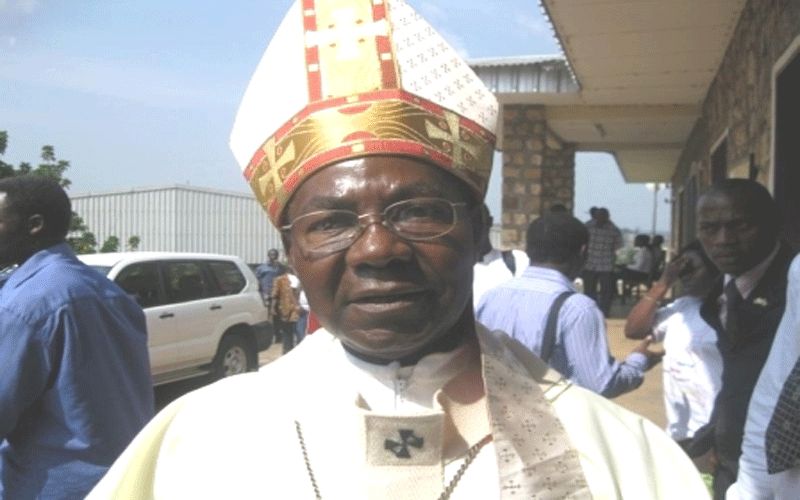Douala, 15 October, 2019 / 1:28 am (ACI Africa).
At a time when various stakeholders in the recently held Cameroon National Dialogue are digesting the resolutions reached during the five-day meeting, a Church leader in one of the crisis-hit regions of the Central African country has expressed his disappointment with the way the sessions were conducted and criticized the constitution of the participants as "not inclusive."
“I was disappointed and indeed not satisfied with the way this dialogue was carried out,” Archbishop Cornelius Fontem Esua of Bamenda told ACI Africa in an exclusive interview Monday, October 14.
“It (National Dialogue) was not inclusive. In the pre-consultations, we, the Bishops, had requested the protagonists at home and abroad, including the imprisoned leaders of the Separatists and the Amba boys should participate. This was not the case,” Archbishop Fontem Esua added.
He lamented the inability of the National Dialogue to take into account the desires of the affected Cameroonians saying that the various sessions “did not address the specific and profound aspirations of the people of the Anglophone regions, which concerned primarily the form of the state and government.”
“The first phase has been more of a monologue in the sense that all participants were handpicked by the government,” Archbishop Fontem Esua said in reference to the members named in the eight different commissions during the dialogue and added, “In fact, except for a few most of them were government administrators, civil servants, council workers.”








